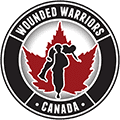For Clinicians
Our Clinical Team
Behind the therapy itself, and in front of those we serve, is our clinical team. We have assembled a group of over 100 clinicians nationally who possess the cultural competency necessary to support the unique mental health needs of uniformed service members and their families. When you combine our leading-edge programs, with the vast clinical expertise of our facilitators, the results are life-changing.
Our Clinical Team
Behind the therapy itself, and in front of those we serve, is our clinical team. We have assembled a group of over 100 clinicians nationally who possess the cultural competency necessary to support the unique mental health needs of uniformed service members and their families. When you combine our leading-edge programs, with the vast clinical expertise of our facilitators, the results are life-changing.
National Co-Clinical Advisors
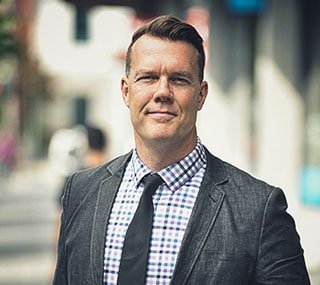
Dr. Tim Black, R. Psych.
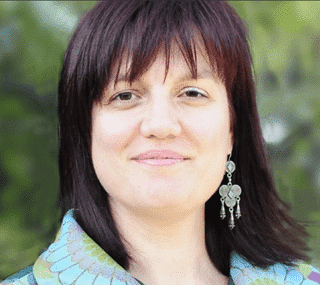
Claudine Barrette
National Co-Clinical Advisors

Dr. Tim Black, R. Psych.

Claudine Barrette
ASSOCIATE CLINICIANS

Alex Sterling
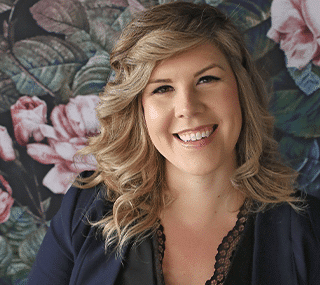
Jerris Popik
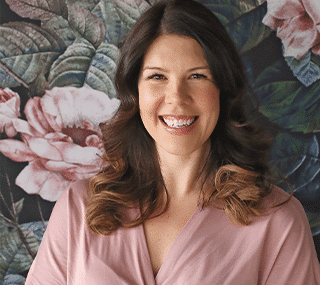
Dr. Helena Hawryluk

Claudine Barrette
ASSOCIATE CLINICIANS

Alex Sterling

Jerris Popik

Dr. Helena Hawryluk

Claudine Barrette
PROGRAM DEVELOPMENT TEAM
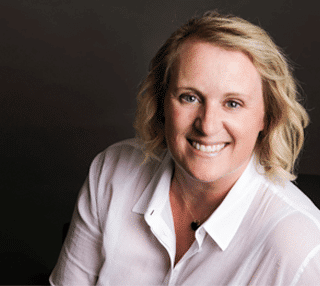
Dr. Megan McElheran
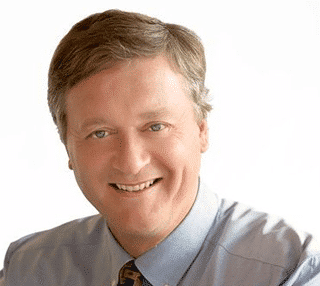
Jim Marland

Dr. Helena Hawryluk

Jerris Popik
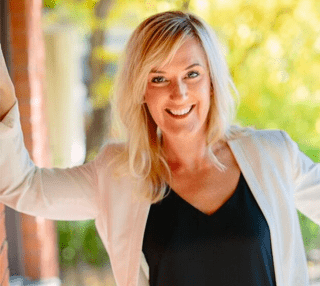
Shauna Pupp
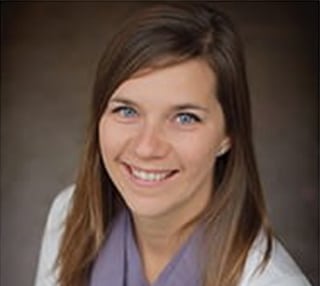
Carolynn Turner
MA, RCC
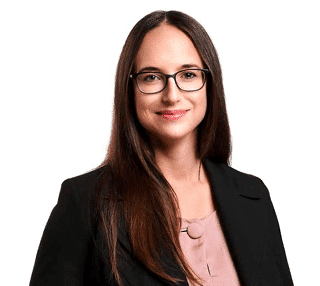
Dr. Nicole Ethier
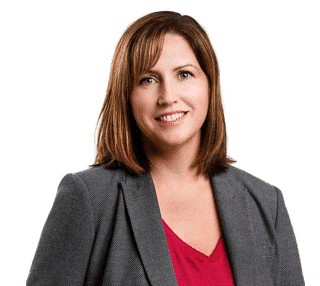
Dr. Shannon Gifford
PROGRAM DEVELOPMENT TEAM

Dr. Megan McElheran

Jim Marland

Dr. Helena Hawryluk

Jerris Popik

Shauna Pupp

Carolynn Turner
MA, RCC

Dr. Nicole Ethier

Dr. Shannon Gifford
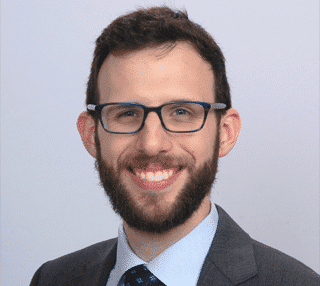
Dr. Andrew Carlquist
Clinical Advisor
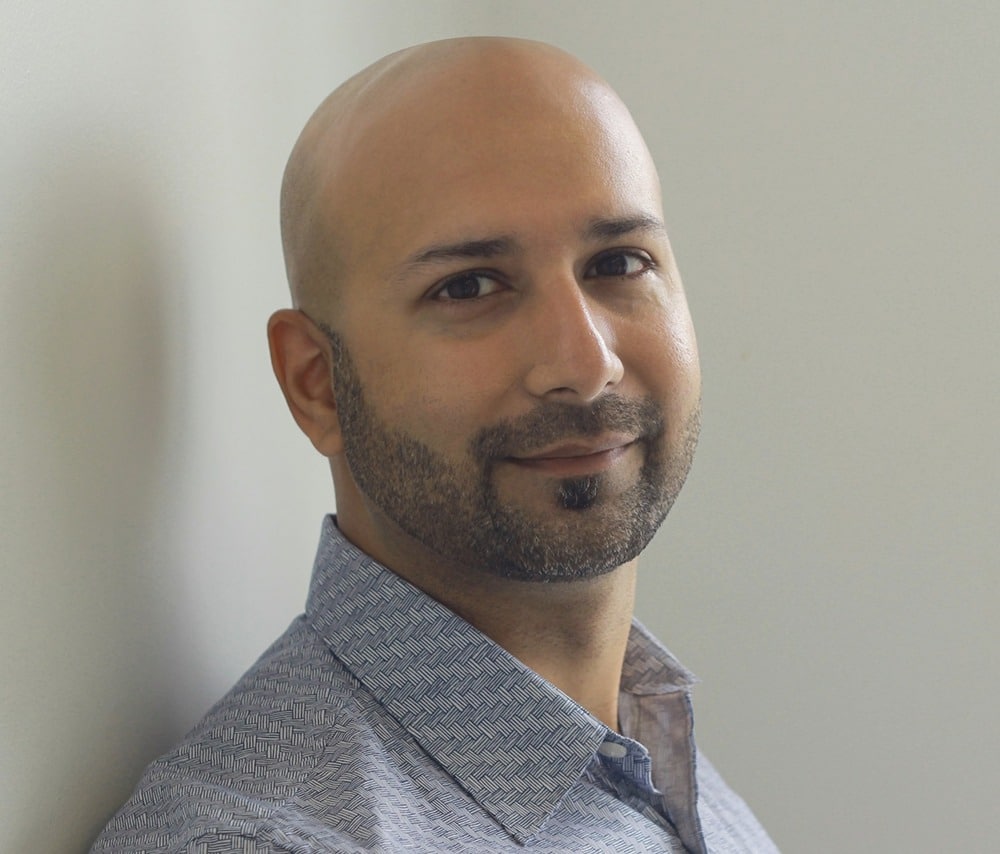
Ali Dohadwala
Clinical Advisor
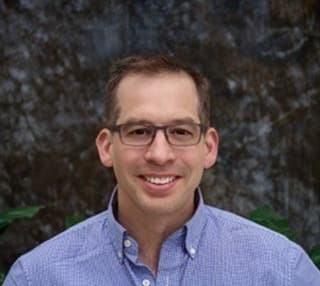
Dr. Stu Hoover
Clinical Advisor

Nadia Pirbhai
Clinical Advisor
over 100 certified nationally
over 100 certified nationally

Dr. Andrew Carlquist
Clinical Advisor

Ali Dohadwala
Clinical Advisor

Dr. Stu Hoover
Clinical Advisor

Nadia Pirbhai
Clinical Advisor
Occupational Awareness Training
Introducing Warrior Health – a new platform that provides Occupational Awareness Training to clinicians (social workers, psychologists, physicians, and case managers) to help provide insight into the unique nuances of stoic service cultures that are typical of Military and First Responder work environments. Additionally, Warrior Health will serve as a resource to connect Veterans, First Responders and their family members with occupationally aware clinicians from a national AirBnB-style healthcare provider directory.
Visit Warrior Health today to learn more and participate in the training: www.warriorhealth.ca
Culturally Specific Support for Clients:
We specialize in culturally specific group trauma therapy for injured Veterans, First Responders and their families. Given the unique and often complex needs of your clients, we provide seamless access for members (serving or retired) and referral support for healthcare professionals who often don’t know where to turn next for alternative forms of therapy.
Team Effort
Our clinicians and service provider partners are vital to our success. You may be providing local counselling to those we serve or you may be referring into our programming. Regardless of the type of relationship we have, we’re in this together to help provide timely access to culturally specific operational stress injury support for those who so bravely serve Canada.
Interested In Becoming A
WWC Clinical Team Member?
Currently, WWC programs are largely group-based, necessitating facilitators who have specific backgrounds for each of these programs.
Basic Professional Requirements:
All WWC program facilitators must, at minimum, possess the following:
- Minimum Master’s degree in an applied mental health discipline including: clinical/counselling psychology, social work, psychiatric nursing or other related degrees.
- Relevant clinical experience working with or alongside of Trauma Exposed Professionals (TExP)
- Registration/Certification/Licensure with a professional or governmental regulatory body
- Professional liability insurance
- Three professional references attesting to the competence, trustworthiness, and team-oriented nature of the clinician.
Inter/Intra-Personal Requirements:
All WWC program facilitators must possess and demonstrate the following:
- A high degree of enjoyment from and desire for working with others in a team-based environment
- A high level of intra-personal awareness of one’s strengths, limitations, and worldview
- A high degree of inter-personal awareness of the impact of one’s behaviours on others
- A strong desire to serve those who have served
Group Program Professional Requirements:
Trauma Resiliency Program (TRP1 and TRP2)
TRP clinical team members must have the following:
- A background in group counselling/facilitation.
- A background in trauma therapy, with foundations in Herman’s Tri-Phasic model or equivalent.
- A background working with Trauma Exposed Professionals (TExP – military, fire, police, paramedic, corrections, health care etc.)
Couples Overcoming PTSD Every Day (COPE) Program
COPE clinical team members must have the following:
- A background in group counselling/facilitation.
- A background in trauma therapy, with foundations in Herman’s Tri-Phasic model or equivalent.
- A background working with Trauma Exposed Professionals (TExP – military, fire, police, paramedic, corrections, health care etc.)
Note: It is considered an asset for COPE clinical team members to have experience working with or being connected to TExP spouses. COPE is not a couples’ relationship counselling program, so work with couples is not required, but is would also be considered an asset.
Spousal Resiliency Program (SRP)
SRP clinical team members must have the following:
- A background in group counselling/facilitation.
- A background in trauma therapy, with foundations in Herman’s Tri-Phasic model or equivalent.
- A background working with Trauma Exposed Professionals (TExP – military, fire, police, paramedic, corrections, health care etc.) and/or TExP Spouses.
Surviving Spouses Program (SSP)
Note: Claudine and Carolynn should write this portion up.
Couples Resiliency Program (CRP)
Note: Jim and Shawna should write this portion up.
Warrior Kids Camps and Virtual Programs
Note: Jerris and Helena should write this portion up.
FAQs
How do I become a WWC clinical team member running group programs?
- Step 1) – Ensure your clinical and professional background meet the minimum requirements listed above.
- Step 2) – Review each of the program profile descriptions to verify you have the specific clinical background which we require for the program you are interested in facilitating.
- Step 3) – Schedule an appointment to speak with the WWC program founder.
- Step 3a) – Provided the discussion with the WWC program confirms all of the above and there is a good professional and interpersonal fit, you may be invited to attend a ‘Clinical Ride-Along’.
- Step 4) – Upon successful completion of your ride-along, and upon the recommendation of the program facilitators, you will be invited to take on a co-lead role in the program at a future date.
I have been doing trauma work in my individual practice with TExPs, but I don’t have much group experience, don’t you still value my clinical expertise?
WWC absolutely values clinical expertise and that is why we need people to have a background in all three areas of group counselling, trauma, and work with TExPs. Group counselling is a specialty that requires a high degree and enjoyment of interpersonal relatedness with multiple participants simultaneously, awareness of group dynamics, and leadership skills, in addition to the clinical skills required for individual practice.
Groups are not necessarily more effective than individual counselling, but they are fundamentally different from individual counselling. As such, group counselling experience is a must for all WWC group program co-leads.
Why are there so many steps to becoming a WWC program facilitator?
The programs that we run at WWC are primarily residentially-based, requiring a concentrated amount of time spent with fellow professionals, often doing intense and trauma-focused work. The environment that we aspire to maintain is one of mutual support, a high degree of collegiality and team-work, personal and professional humility, and a high level of professional competence.
How we do things, is just as important as what we do and we are protective of maintaining a positive, collegial, and healthy interpersonal work climate. The work is hard enough with a supportive, team-oriented group of colleagues and it can be incredibly rewarding.
As such, we need to ensure that people value and deeply enjoy working alongside their fellow professionals, are highly skilled in their work, and recognize that the focus is on delivering programs to people who have sacrificed a great deal to help others.
We are screening, not only for the professional, but also for the person. When we invite clinicians on a ride-along, we feel we have enough evidence to make us believe that the individual is the right professional and the right person for our programs.
I really want to help out and work more with TExPs and their families, but I don’t have the group training you require; does that mean you don’t need my help?
We definitely still need your help! Group programs can help many TExPs and their families who are struggling, but groups are only one piece of the puzzle. When we are screening participants for our group programs, some people are not yet ready for a residential group experience and require a lot more support and clinical work to be ready. Individual counsellors and therapists are a key factor in helping people prepare to enter WWC group programs.
Also, many WWC group program participants are looking for therapists to continue or begin individual work after completing their program. We are always looking for great referral sources for individual counsellors and therapists who have a background in trauma therapy and know how to work with TExPs and their families.
